Directory
- Share
Brooke Elena Husic
- Alumni
- United States
- 2014 MPhil Chemistry
- Churchill College

Brooke Elena Husic
- Alumni
- United States
- 2014 MPhil Chemistry
- Churchill College
I grew up in Glastonbury, Connecticut and graduated from Washington University in St. Louis in 2013 where I studied chemistry, mathematics, and German as well as published in theoretical phonology. After earning my MPhil in 2015 with support from Gates Cambridge, I moved to Stanford where I completed my doctorate in Chemistry in 2019. I'm now working as a postdoctoral fellow in Berlin where I'm continuing my computational chemistry and machine learning work on molecular kinetics.
Previous Education
Washington University in St. Louis A.B. Chemistry, Mathematics, German 2013
Matthew Hutchinson
- Alumni
- United States
- 2002 PhD Chemical Engineering
- Wolfson College

Matthew Hutchinson
- Alumni
- United States
- 2002 PhD Chemical Engineering
- Wolfson College
Alexander Hutterer
- Alumni
- Austria
- 2020 PhD Philosophy
- Corpus Christi College
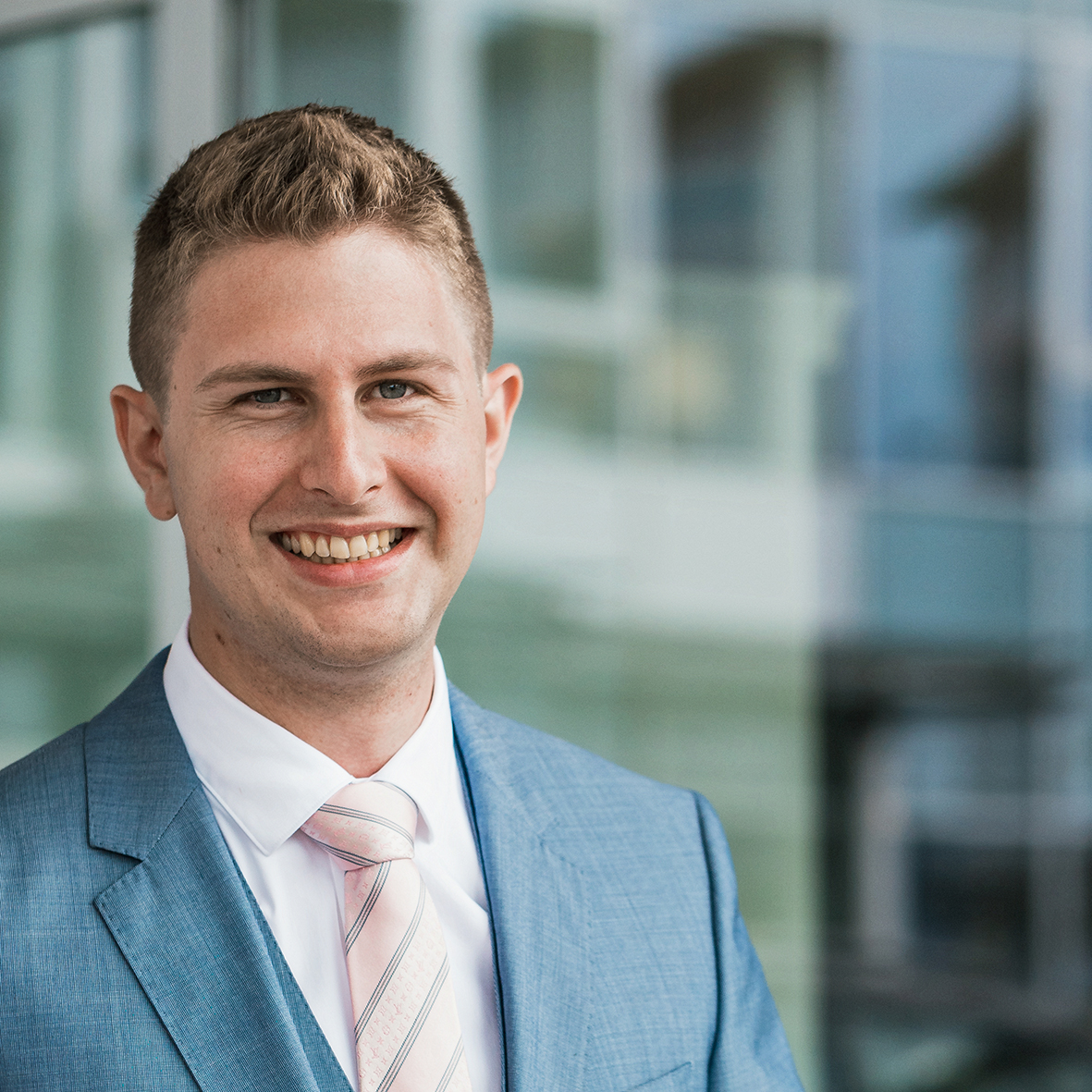
Alexander Hutterer
- Alumni
- Austria
- 2020 PhD Philosophy
- Corpus Christi College
I aim to analyse the Enlightenment philosopher Kant’s concept of “cognition” (“Erkenntnis”). For Kant, “cognition” has a central programmatic role: Kant’s overall aim is to delineate the extent to which we humans can “cognise” the world. Until recently, it was widely assumed that “cognition” is simply a form of “knowledge.” Yet, recent research shows that Kant’s notion of “cognition” does not quite fit any available account of “knowledge.” Hence, to understand Kant’s so-called “transcendental idealism,” a new interpretation of his concept of “cognition” is needed. I intend to fill this gap. The results will be valuable not only for historians of philosophy but also for society at large. Through analysing fundamental epistemic notions, we can better understand our epistemic practices and their value. For instance, the prevalence of “fake news” in social media demonstrates the need for a deep understanding of the respective values of truth, authenticity, and reliability. Before taking up this project, I read Philosophy, Politics, and Economics at King’s College London and later completed the MPhil in Philosophy at Cambridge. I am deeply honoured and humbled to be a part of the Gates Cambridge community.
Previous Education
King's College London (University of London) Philosophy, Politics & Econom. 2018
Links
https://alexanderhutterer.com
https://www.linkedin.com/in/amhutterer
Yue-Yi Hwa
- Alumni
- Malaysia
- 2016 PhD Education
- St Catharine's College
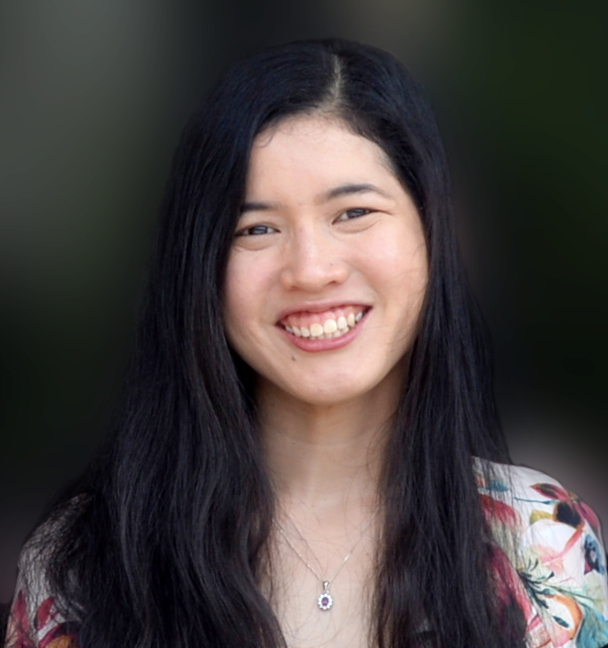
Yue-Yi Hwa
- Alumni
- Malaysia
- 2016 PhD Education
- St Catharine's College
I grew up surrounded by secondhand books in a variety of small Malaysian towns. During secondary school, I got a scholarship to study in Singapore; which led to a BA in political economy in the U.S. and an MPhil in comparative government in the U.K. After that, I taught English in a high-need secondary school through Teach For Malaysia, seeking classroom experience and a re-immersion in my home country. Besides student epiphanies and classroom silliness, one of the greatest gains from those two years was the realisation that teachers' relationships with their managers are pivotal to their classroom practice, and that such relationships are strained in most Malaysian schools. Hence my PhD project: a comparative study on how to keep teachers accountable without triggering the blame games that damage student outcomes. Through this research, I hope to acquire expertise in education policy. I want to help young Malaysians acquire greater mobility, alongside the wisdom to use that mobility well.
Previous Education
Williams College
University of Oxford
Links
Stephanie Hyland
- Alumni
- Ireland
- 2012 MASt Applied Mathematics
- St John's College
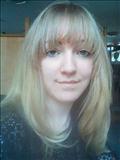
Stephanie Hyland
- Alumni
- Ireland
- 2012 MASt Applied Mathematics
- St John's College
Previous Education
University of Dublin Trinity College
Anthony Hylick
- Alumni
- United States
- 2005 PhD Computer Science
- Churchill College

Anthony Hylick
- Alumni
- United States
- 2005 PhD Computer Science
- Churchill College
I am from Warner Robins, GA, and I completed my undergraduate curriculum (BS Computer Engineering 2005) at the Georgia Institute of Technology in Atlanta, GA. My current research interests include operating systems research, power-performance management, and computer hardware and architectures. I love baseball, football (American), basketball, being outdoors and relaxing. My future plans are to complete my PhD and become a Research Scientist in the field of Systems-type power management research.
Carol Nkechi Ibe
- Alumni
- United States
- 2015 PhD Plant Sciences
- Newnham College
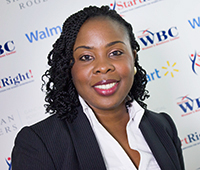
Carol Nkechi Ibe
- Alumni
- United States
- 2015 PhD Plant Sciences
- Newnham College
I was born in the United States but grew up in Nigeria, where I completed a BS in microbiology. In pursuit of a better education and career, I returned to the US and did a master’s in molecular biology and biochemistry with a specialization in biotechnology from the Georgetown University, and subsequently, a master’s in clinical embryology from the University of Oxford. During my studies at Georgetown, I became inspired to start JR Biotek, a life science education company that provides quality biotechnology and life science education, training and laboratory capacity building programs to students, educators and scientists in Africa. My vision is to help build a powerful workforce that can advance scientific research and innovation in Africa, especially within the field of agriculture. I am also very passionate about developing more effective and practical solutions to food insecurity in sub-Saharan Africa, and this influenced my decision to study plant science. My PhD research will aim to determine the commonalities and differences during intracellular rice root colonization by both beneficial and detrimental fungi, and how these associations may be enhanced for practical agricultural applications. Rice is a major staple food in many African countries; therefore, developing rice cultivars with better adaptations to low-input rice agroecosystems is crucial for achieving food security in the continent. This is the ultimate goal of my PhD. I am deeply honored to receive the Gates Cambridge scholarship, a life changing award that would allow me to improve the lives and careers of many in Africa.
Previous Education
University of Oxford
Georgetown University
Chiedozie Ibekwe
- Alumni
- Nigeria
- 2015 MPhil Public Policy
- Sidney Sussex College
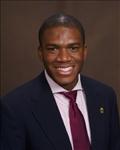
Chiedozie Ibekwe
- Alumni
- Nigeria
- 2015 MPhil Public Policy
- Sidney Sussex College
Previous Education
University of Mississippi
Pennsylvania State University
Emmanuel Iduma
- Scholar
- Nigeria
- 2024 PhD Digital Humanities
- Clare Hall

Emmanuel Iduma
- Scholar
- Nigeria
- 2024 PhD Digital Humanities
- Clare Hall
After qualifying as a lawyer in Nigeria, I studied art criticism and writing at the School of Visual Arts in New York. During my MFA program, I was immersed in forms of critical and creative writing at the intersection of art and the media environment. In the past fifteen years, I have developed a diverse body of work that spans criticism, memoir, photography and fiction, including three books and a digital platform for African photography, as well as varied editorial and curatorial projects. In my writing and research, I have given the most attention to the meanings and impacts of photographs, whether they are found in archives, newspapers, or produced in the context of contemporary art. For my PhD in Digital Humanities, I will use computer vision methods to critique the dissemination of photographs during the Nigerian civil war and the ongoing Boko Haram conflict, conducting research on how those photographs have shaped global perceptions about Nigeria, and the African continent in a wider sense. As I accept the privilege to study in Cambridge as a Gates scholar, I hope, in addition, to develop a curatorial and ethical framework for the circulation of conflict photographs in an age of misinformation and AI-generated imagery.
Previous Education
School of Visual Arts Art Criticism and Writing 2015
Obafemi Awolowo University Law 2010
Jennifer Ifft
- Alumni
- United States
- 2002 MPhil Land Economy
- Trinity Hall

Jennifer Ifft
- Alumni
- United States
- 2002 MPhil Land Economy
- Trinity Hall
Jennifer Ifft is the Flinchbaugh Agricultural Policy Chair, Professor, and Extension Specialist in Agricultural Policy at Kansas State University. She has an integrated research and extension program that covers policy and regulatory issues that affect the viability of U.S. and Kansas agriculture. Her current projects are in the areas of nontraditional finance, crop insurance, farmland markets and farm labor. She has published on how farm programs and regulations are capitalized into farmland values, farmland value determinants and measurement, farm labor and management, and crop insurance and farm debt. She also regularly publishes in the farm press and works with farm sector policymakers and stakeholders. Before coming to Kansas State University, she was an assistant professor at the Cornell University Charles H. Dyson School of Applied Economics and Management and worked in the Farm Economy Branch of the USDA Economic Research Service. She has a PhD from the University of California - Berkeley, an MPhil from the University of Cambridge and a BS from the University of Illinois at Urbana-Champaign. She grew up on her family’s farm in central Illinois.
Previous Education
University of Illinois at Urbana-Champaign B.S. International Resource and Consumer Econom. 2002
Links
https://www.ageconomics.k-state.edu/directory/faculty_directory/ifft/index.html
https://jenniferifft.wordpress.com
https://www.linkedin.com/in/jenniferifft
Rameen Iftikhar
- Deferred
- Pakistan
- 2025 PhD Education
- Pembroke College
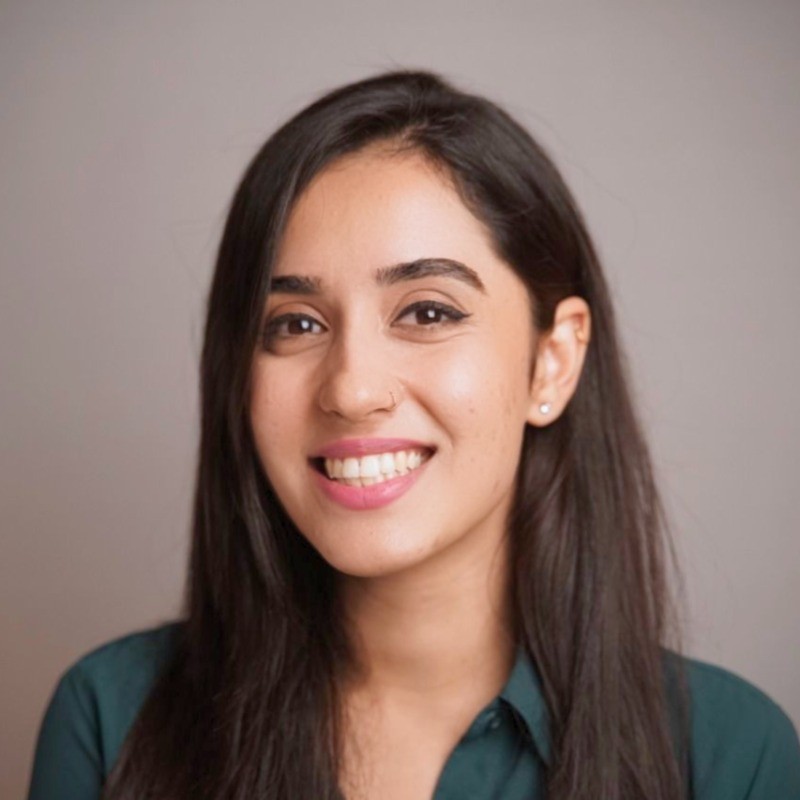
Rameen Iftikhar
- Deferred
- Pakistan
- 2025 PhD Education
- Pembroke College
Rameen Iftikhar is an education and gender specialist. She has led research and implementation efforts for gender justice through outreach and pedagogy in the Global South. She has pioneered a multimodal approach to gender diversity, violence, and governance in South Asia as the lead investigator of an AHRC-funded grant. She has served as a policy consultant for The Asia Foundation, where she developed a systems reform framework for foundational literacy and numeracy for governments in Southeast Asia. She co-founded Aghaaz, a community-based organisation for at-risk youth in Pakistan, where she designed and implemented programs for vulnerable K-12 students. Drawing from her background in economics, politics, and international development, her doctoral research explores the potential of communities to expand girls’ education and life paths. Her work investigates if the knowledge, skills and resources that young girls gain from education translate into capabilities that allow them to dream of and pursue alternative life paths and envisions communities as key levers of change in these relationships. She graduated as a Fulbright scholar from the University of Pennsylvania with an MSEd in International Education Development program.
Previous Education
Lahore University of Management Sciences Politics & Economics
University of Pennsylvania Int. Educational Development
Zsuzsanna Ihar
- Alumni
- Australia, Slovakia
- 2021 PhD History and Philosophy of Science
- Churchill College
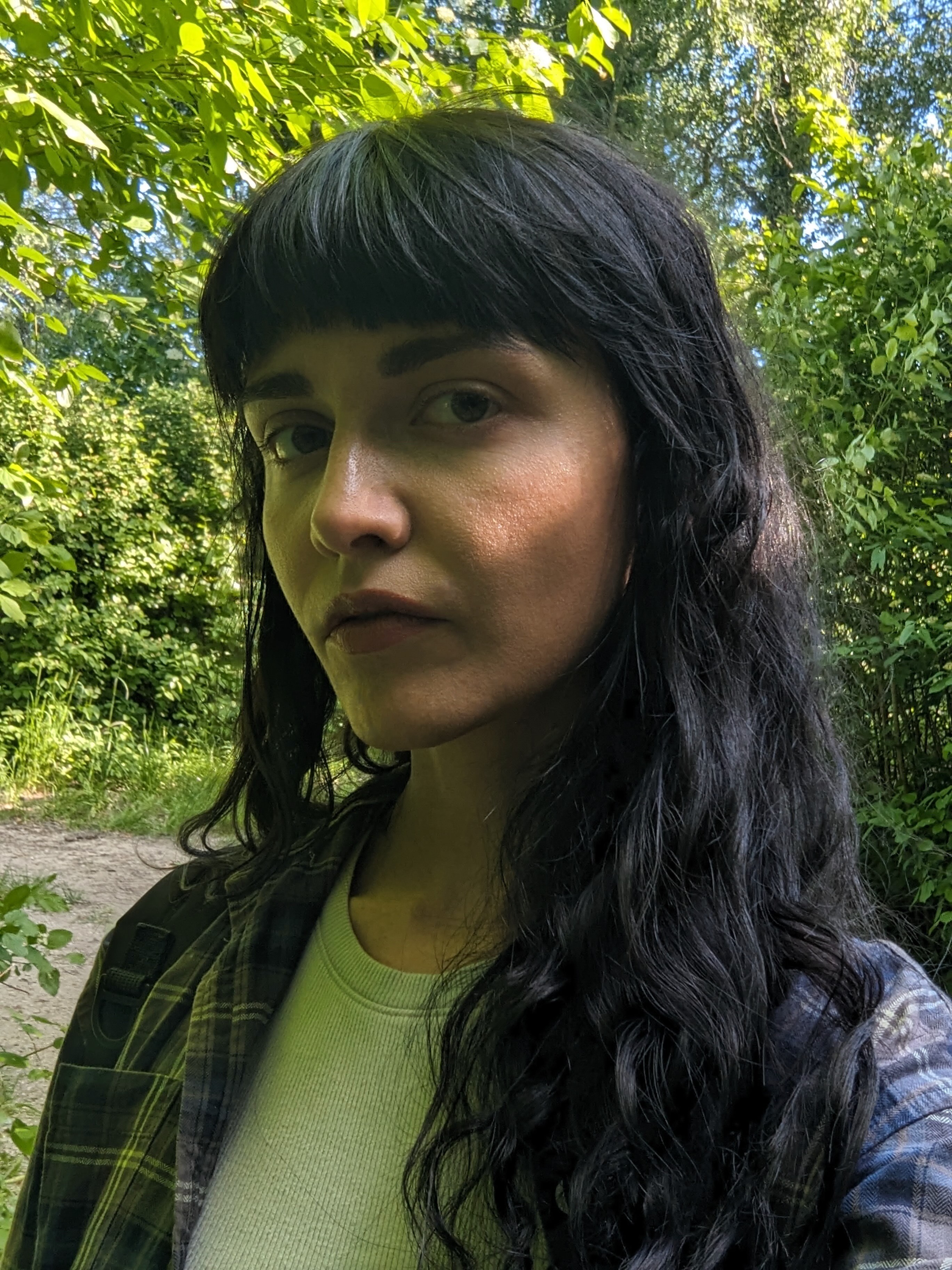
Zsuzsanna Ihar
- Alumni
- Australia, Slovakia
- 2021 PhD History and Philosophy of Science
- Churchill College
Zsuzsanna Ihar is a PhD candidate in History and Philosophy of Science at the University of Cambridge and a Landhaus Fellow at the Rachel Carson Centre. She is also a Gates scholar and a member of the research project “From Collection to Cultivation”—a Wellcome-funded research initiative led by Prof. Helen Anne Curry. Since 2023, Ihar has convened the research network “Military Surplus: Toxicity, Industry and War,” funded by the Centre for Research in the Arts, Humanities and Social Sciences (CRASSH), with Dr. Layla Renshaw, Prof. Paola Filippucci, and Jo Sweeney. She was previously a Knowledge Management Fellow at the International Center for Agricultural Research in the Dry Areas (ICARDA), and a Research Fellow at the Consortium for History of Science, Technology and Medicine. Her dissertation, titled 'Missiles, Modernity, and the Machair: A History of the Scottish Hebrides and its Militarisation (1940-2024)', examines the impact of military infrastructure, technology, and R&D on the rural communities of the Hebridean archipelago. She is interested in the knowledge-making practices of both military personnel and civilians, militarised imaginaries, livelihoods, and lore, as well as the impact of military decisions on the everyday. Her research engages with declassified military documents, oral history collections, and activist archives. She has conducted fieldwork in both the Outer and Inner Hebrides.
Links
https://www.hps.cam.ac.uk/directory/ihar
https://www.linkedin.com/in/zsuzsannaihar
Sonia Ilie
- Alumni
- Romania
- 2010 PhD Education
- Queens' College
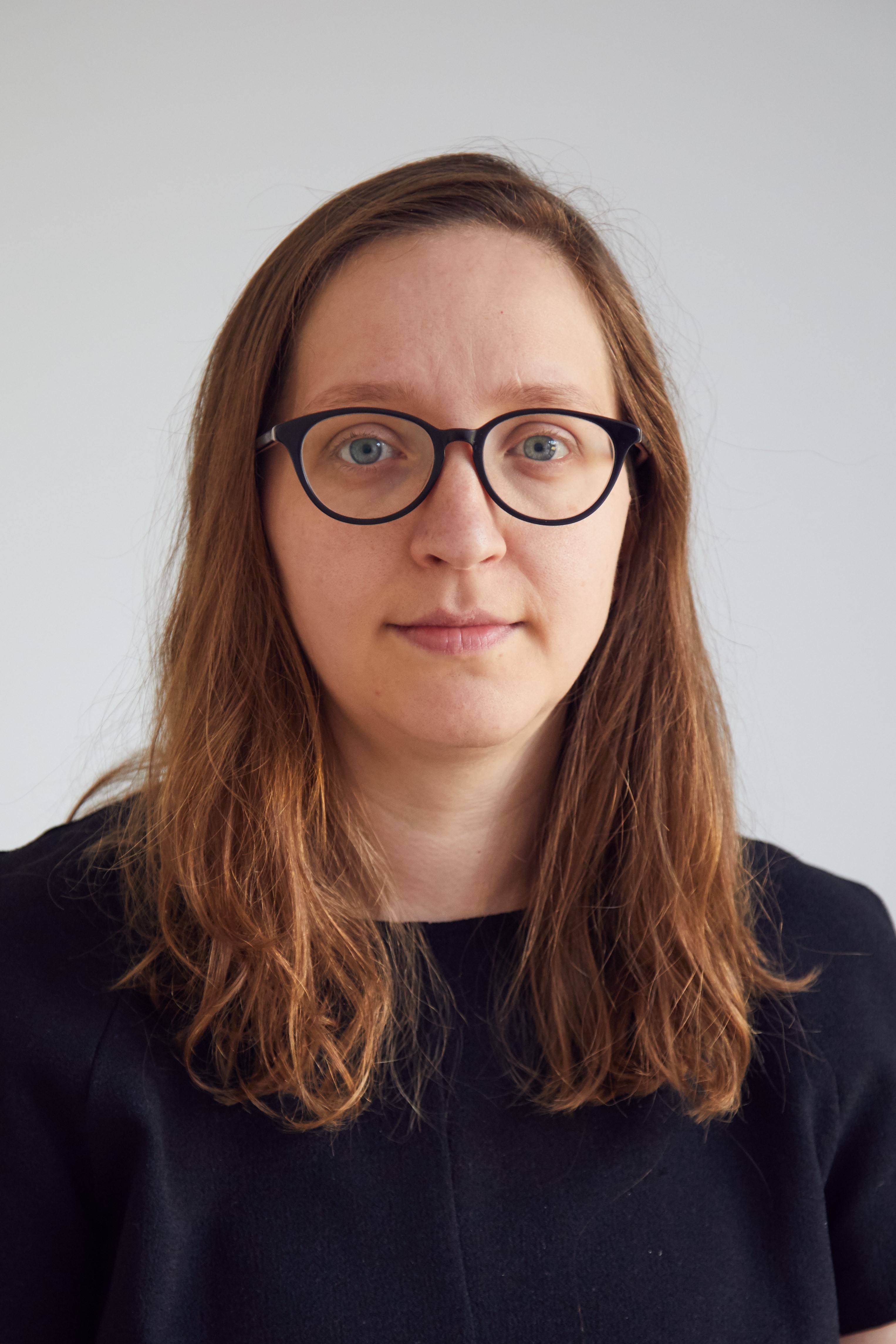
Sonia Ilie
- Alumni
- Romania
- 2010 PhD Education
- Queens' College
Since completing my Gates Trust supported PhD in 2014 I have continued to research issues around education inequality. Currently I lead a portfolio of research evaluating interventions designed to address socio-economic gaps in school attainment and higher education access and participation. I am an associate professor at the Faculty of Education University a Cambridge. I hold a Fellowship at Hughes Hall, and am Director of Studies in Education and Fitzwilliam in Cambridge.
Links
Evgenia Ilyinskaya
- Alumni
- Iceland
- 2006 PhD Geography
- Darwin College

Evgenia Ilyinskaya
- Alumni
- Iceland
- 2006 PhD Geography
- Darwin College
I am a volcanologist, specialising in emissions and deposition of volcanic aerosol. Volcanoes are one of the principal natural sources of reactive gases and aerosol particles. Persistently degassing volcanoes have significant local and often regional effects on the atmosphere, terrestrial ecology, agriculture and human health. I have worked on active volcanoes in Iceland, Central America, Japan, and Antarctica.
Thomas Imhoff
- Alumni
- United States
- 2019 MPhil Engineering
- Churchill College
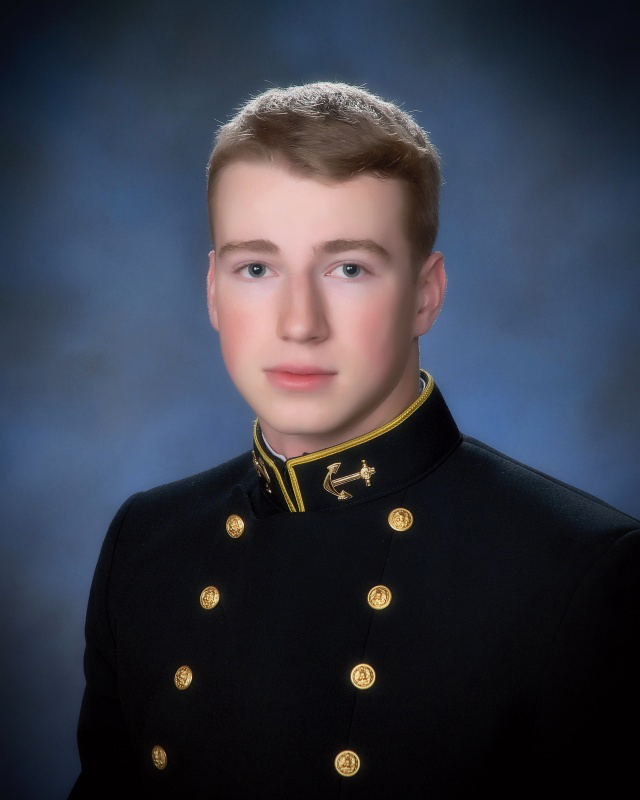
Thomas Imhoff
- Alumni
- United States
- 2019 MPhil Engineering
- Churchill College
Previous Education
United States Naval Academy Bachelor of ScienceMechanical Engineering 2019
Zeynep Inanoglu
- Alumni
- Turkey
- 2004 PhD Engineering
- St Edmund's College

Zeynep Inanoglu
- Alumni
- Turkey
- 2004 PhD Engineering
- St Edmund's College
My immediate academic interests lie in the area of speech processing, specifically the recognition of emotions in human speech and the integration of emotional attitudes into state of the art speech synthesisers. On a higher level, I am interested in ways of defining emotional intelligence, its role in human cognitive capabilities and its integration into machines that may attempt to substitute humans in various fields.
Aviva Intveld
- Alumni
- United States
- 2023 MPhil Earth Sciences
- Clare College
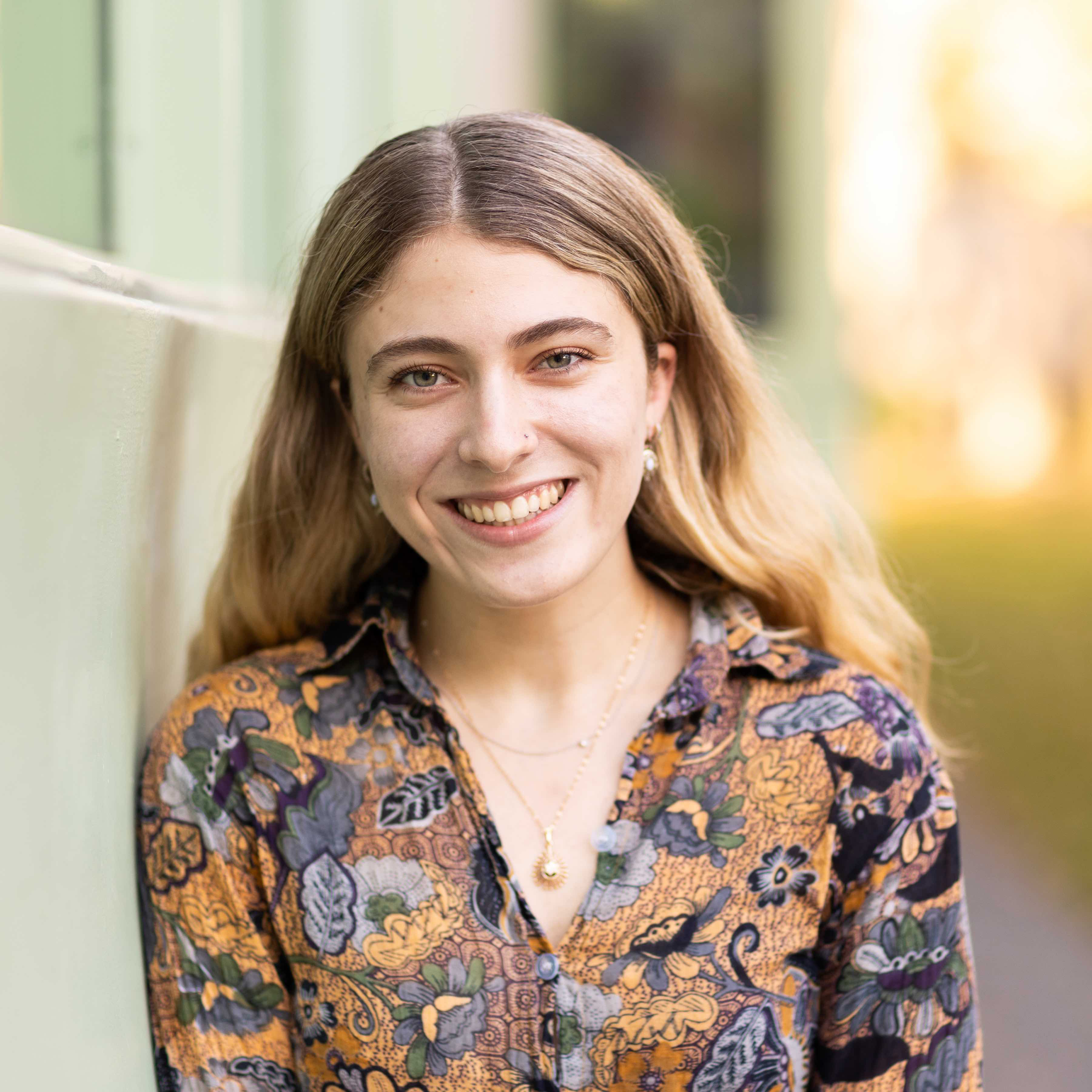
Aviva Intveld
- Alumni
- United States
- 2023 MPhil Earth Sciences
- Clare College
As an undergraduate studying geology, geochemistry, and archaeological sciences at MIT, my research interests span the intersections among those fields to better understand how the natural environments of the past shaped human movement and decision-making. I believe that looking to past civilization change can be a powerful means to drive climate activism today, and I aim to apply the lessons learned from my research to inform modern climate policy and industry, especially in my home state of California. As a NOAA Hollings Scholar, I explored impact-driven groundwater geochemistry in the Kenai Peninsula, Alaska, and as an MIT Climate & Sustainability Consortium fellow, I have reconstructed late Pleistocene paleoclimate of Northeastern Mexico. At Cambridge, I will undertake a Research MPhil in Earth Sciences with Dr. David Hodell at the Godwin Lab for Paleoclimate, where I will investigate the impact of past climate on the Postclassic Maya city of Mayapán via cave sediment records. My goal is to address resolution difficulties in pairing paleoclimate and archaeological data while contributing to our understanding of human-climate-environment changes in the Yucatán peninsula, especially during times of drought and conflict.
Previous Education
Massachusetts Institute of Technology Geosciences 2023
Ilina Iordanova
- Alumni
- Bulgaria
- 2001 PhD Biology
- St John's College

Ilina Iordanova
- Alumni
- Bulgaria
- 2001 PhD Biology
- St John's College








